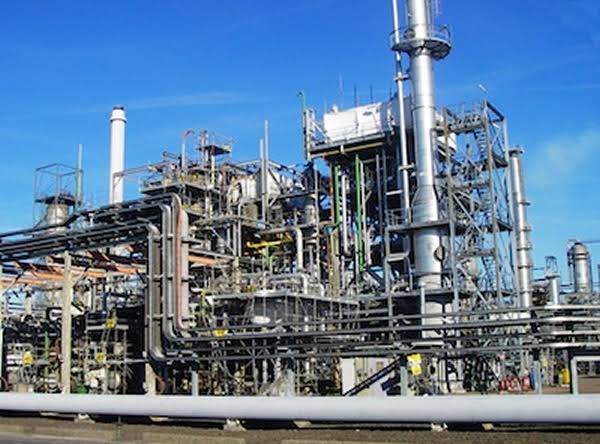The Port Harcourt Refining Company (PHRC) has resumed scaled-down operations following technical upgrades to improve efficiency.
Despite the resumption, the Nigerian National Petroleum Company Limited (NNPCL) faces pushback from independent marketers over the high cost of fuel produced at the refinery.
Fuel marketers claim the petrol price from the PH refinery is ₦1,030 per litre—₦60 higher than the rate from the Dangote Refinery.
While NNPCL has denied setting this price, it has not disclosed the actual figures, sparking concerns among stakeholders.
The Independent Petroleum Marketers Association of Nigeria (IPMAN) insisted that the refinery’s fuel should be cheaper or at least competitively priced.
During a guided tour of the refinery, executives explained that operations were temporarily reduced to address technical challenges.
The plant has reportedly been upgraded with new equipment, including pumps and instrumentation, to enhance its reliability.
Despite these improvements, marketers and tanker drivers have shown limited interest in lifting products, citing pricing concerns.
The refinery’s management revealed that only three of its 11 loading bays are currently in use, handling about 10 trucks daily, with the capacity to load significantly more.
Terminal Manager Worlu Joel reassured that distribution is ongoing, with sufficient stock of petrol, diesel, and kerosene, though tanker drivers’ low turnout remains a bottleneck.
Industry experts reveal that the refinery’s current outputs rely on blending processes involving naphtha and Cracked C5, which are cost-effective but may lack long-term sustainability.
While blending is a global standard, there are concerns about potential environmental impacts and whether the products meet international quality standards.
Energy consultant Henry Adigun argues that the petrol price should range between ₦860 and ₦870, given the blending process.
He attributed the high pricing to operational constraints, noting that the refinery has yet to achieve the capacity to produce unblended petrol directly.
The Crude Oil Refineries Owners Association of Nigeria (CORAN) added that blended fuel should be more affordable than alternatives, emphasizing cost-effective production methods.
However, the association warned that reliance on imported blending components like naphtha could inflate costs in the long term.












Leave a Reply